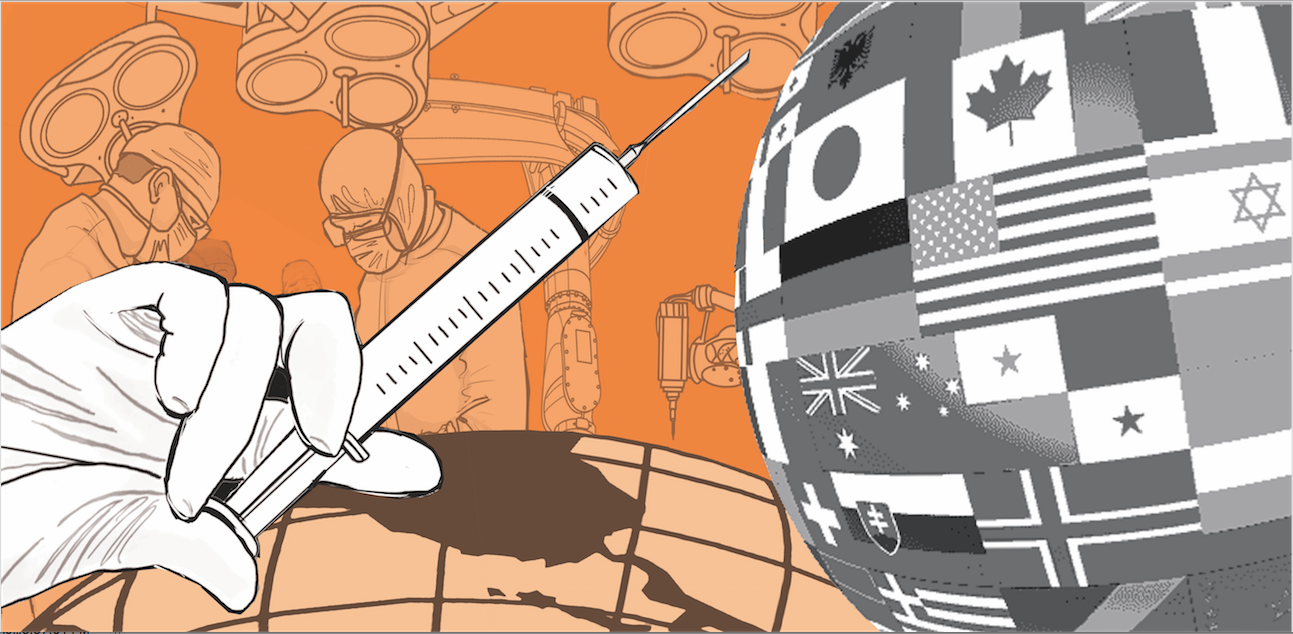

Ten years ago, the Lancet Commission on Global Surgery issued a warning to the world: billions of people were living without access to safe, affordable surgical care. That call sparked a wave of advocacy—technical reports, national strategies and resolutions at the World Health Assembly.
We marched into meeting rooms in Geneva, Addis and Nairobi. We formed alliances, wrote op-eds like this one and spoke at panels. We believed the message was clear: surgery saves lives and should be a fundamental component of universal health coverage.
And yet, this month, the very journal that issued that clarion call in 2015 has published a sobering update. The unmet need for surgical care is growing.
According to The Lancet’s 2025 health policy paper on surgery, the number of people going without life-saving or life-changing operations has risen to 160 million each year.
But more chilling is what this means in human terms: between 17 and 18 million people are dying annually due to lack of access to surgery. That’s more than HIV, tuberculosis and malaria combined. And the vast majority of those deaths are preventable.
Kenya is not exempt. Despite years of policy dialogues and global engagement, we still lack a National Surgical, Obstetric, and Anaesthesia Plan—a basic roadmap for strengthening surgical care.
Countries like Rwanda, Zambia and Tanzania have at least defined surgical priorities within their health systems. Kenya, a regional leader in many health areas, remains without one.
The cost is not abstract. In Kisii last year, a young boda boda rider arrived at a county hospital with a femur fracture. There was no orthopaedic surgeon available. He was referred to a facility over 250 km away. By the time he arrived, the injury had worsened, the surgery delayed.
He’s now permanently disabled—and his family's breadwinner is gone. Multiply this story by thousands, and you begin to see the scale of what’s being lost. The statistics are the same if you replace trauma with cancer or any other surgical condition.
The disconnect is disheartening. On the surface, global surgery seems to be advancing—conferences, coalitions, campaigns. But on the ground, many hospitals are still without oxygen, surgical mesh or functioning operating rooms.
Even when surgery happens, the journey is not always safe. Postoperative infection, bleeding or lack of ICU beds too often turns survivable procedures into tragedies. In Africa, the risk of dying after surgery is twice the global average.
Surgical care is not a luxury to be rationed when budgets are tight. It is a basic pillar of any modern health system. Surgery enables safe childbirth, cancer treatment and trauma care. Hospitals without surgical capacity are not hospitals at all—they are referral points waiting to transfer emergencies.
This is not just a health crisis—it is an economic one. People unable to walk, work or care for their families because they could not access surgery fall into poverty, and so do their dependents. The Lancet paper estimates that scaling up essential cancer surgery in LMICs could unlock $80 billion (Sh10.3 trillion) annually in productivity, allowing nearly 900,000 people to return to work each year.
So why are we not acting?
Part of the problem is perception. Surgery is still seen by some policymakers as “expensive” or “technical”. But the real cost lies in delay and denial. Disability, death, lost earnings, broken households—these are the results of underinvestment.
Here’s what Kenya must do: One, develop and fund a national surgical plan. No more high-level endorsements without follow-through. Two, fix the frontline. Equip first-level hospitals to handle common procedures like hernia repair, cesarean delivery and fracture fixation.
Three, train and retain surgical teams—surgeons, anaesthetists, nurses and technicians must be supported and protected from brain drain. Four, build better data systems. We cannot improve what we do not measure. Five, address surgical inequality. Women, children and rural populations are disproportionately left behind. That must change.
We have admired this problem long enough. The new Lancet report is a wake-up call. We can no longer claim we did not know. What we need now is political will, leadership and courage to act.
Surgical care must not remain a privilege for the urban elite or the insured few. It is a matter of dignity, equity and national development. Let us not fail this generation—or the next.
Surgeon, writer and advocate of healthcare reform and leadership in Africa














